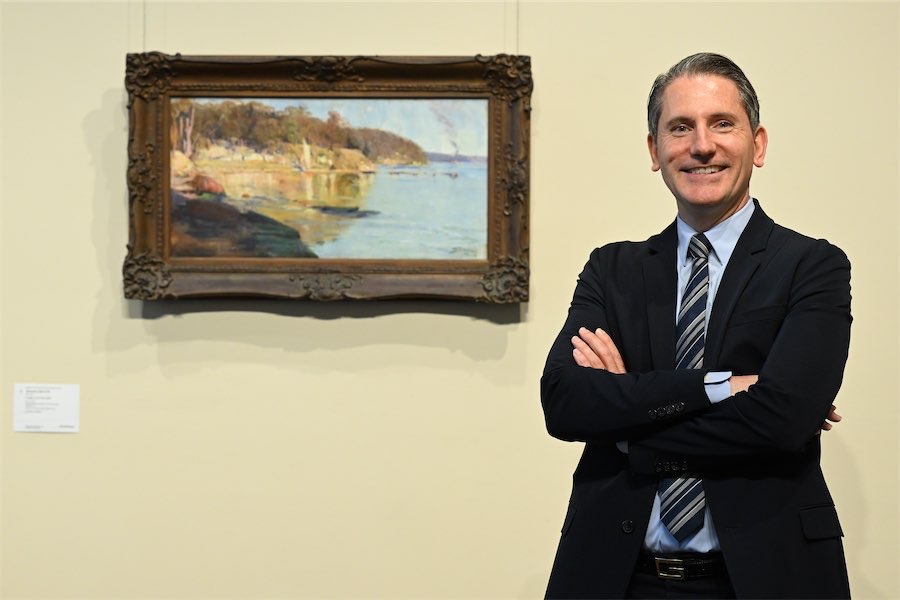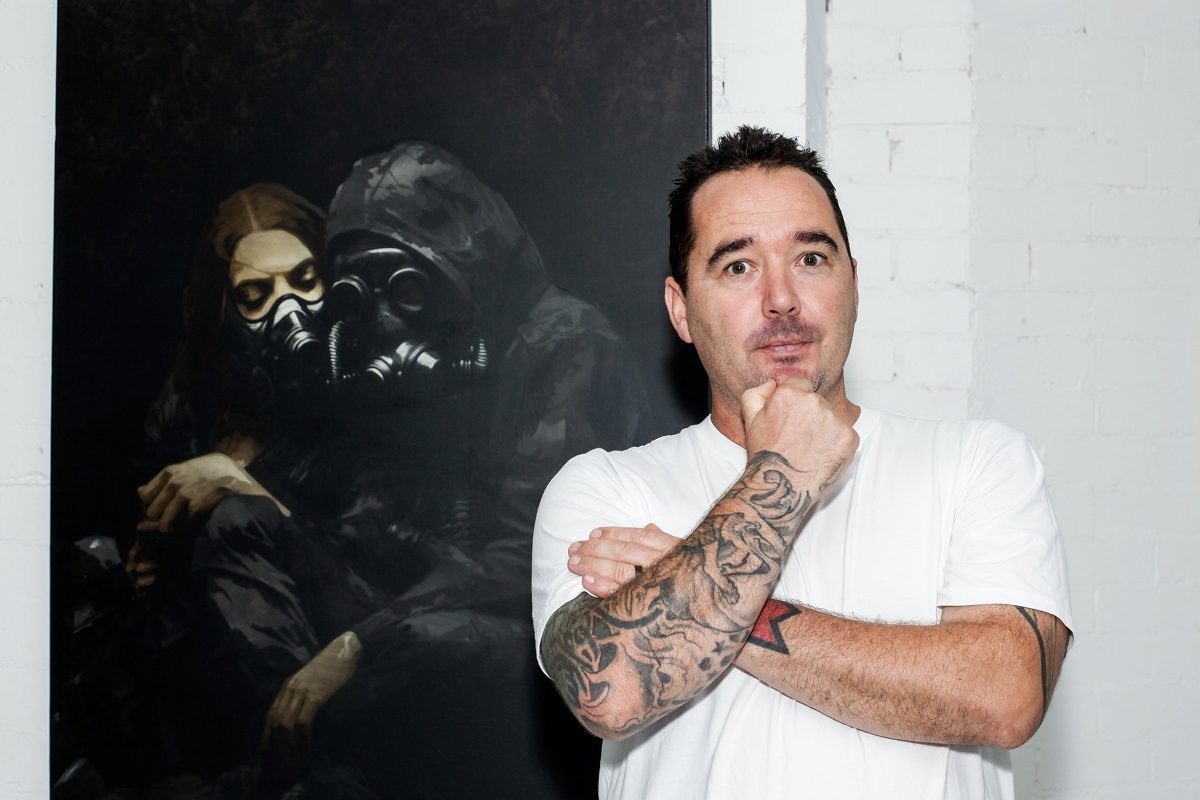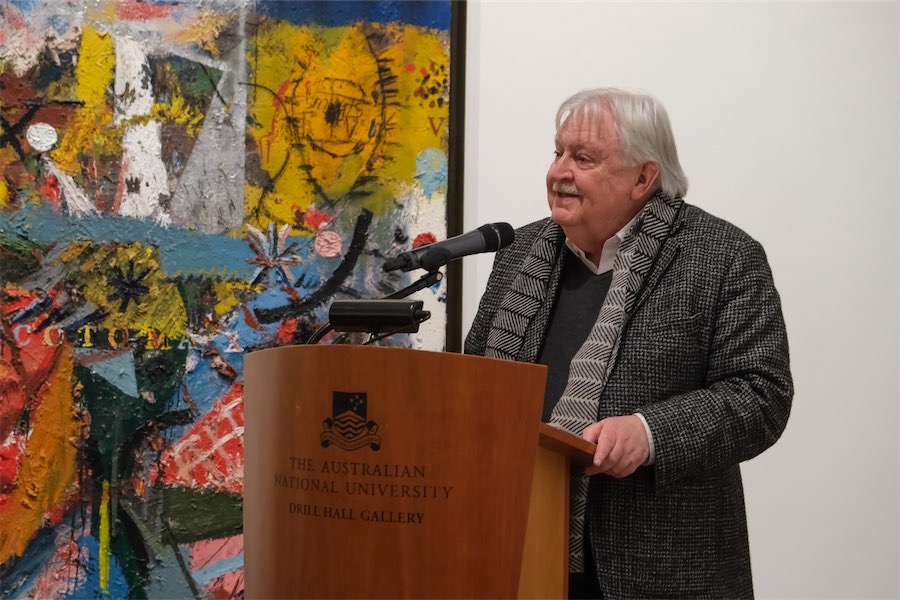FOR a dancer, Patrick Thaiday is what kids these days would call “really, really old” – he’s 41.

Thaiday joined Bangarra in 2002 after training for three years with the National Aboriginal Islander Skills Development Association Dance College, so this is his 10th year with the company.
One part of this show, Elma Kris’ “About”, touches Thaiday personally. His parents come from the same island in the Torres Strait as Kris. (“she’s my mother’s cousin’s sister”).
“Our dance is a celebration of our environment, of hunting and gathering from the sea – we are the Salt Water People,” he says and it’s exciting to be helping recreate the stories of his own people.
Thaiday may have trotted the globe with Bangarra, but the urban environment depicted in director Stephen Page’s new work “ID” is an uncomfortable fit for a boy who grew up in Mackay, Queensland. “I’m still finding my feet in Sydney,” he says. Another shock was learning some ballet skills, yet he now appreciates the discipline of that.
But unlike so many classical dancers, he has no intention of retiring. “I see aunties and uncles in their 70s and 80s still singing and dancing… I think I’ll keep dancing until I die,” Thaiday says.
If Thaiday is entering his 10th year, the inspirational artistic director Stephen Page is celebrating 20 years at the helm of Bangarra. Page is particularly chuffed that he’s got Elma Kris choreographing for the second time.
“We thought it was time we had a Torres Strait Islander perspective, so we asked her to make a cultural response.”
“About,” he says, is “more abstract, yet simple,” based on the four winds in the Strait.
As for the differences between Torres Strait and mainland dance, Page agrees that it is celebratory, “it’s got a Pacific Ocean feel about it… a good deal relates to the coastal accessories for the body”.
Mainland dance comes from “very different terrain, the colour comes from the earth,” yet “they’re both the same, in the sense that there is repetition and ritual.”
Page comes from an urban background, but he knows that “Bangarra has, in a sense, been entrusted by Aboriginal communities to embrace their stories.”
In “ID,” he looks at identity, challenging stereotypes of indigenous people while rejecting the victim stereotype he believes is now breaking down.
“Will the real Aborigine please stand up?” is a question often asked by white Australians. Increasingly, more indigenous Australians are standing up and Stephen Page will be there to record it.
Who can be trusted?
In a world of spin and confusion, there’s never been a more important time to support independent journalism in Canberra.
If you trust our work online and want to enforce the power of independent voices, I invite you to make a small contribution.
Every dollar of support is invested back into our journalism to help keep citynews.com.au strong and free.
Thank you,
Ian Meikle, editor




Leave a Reply